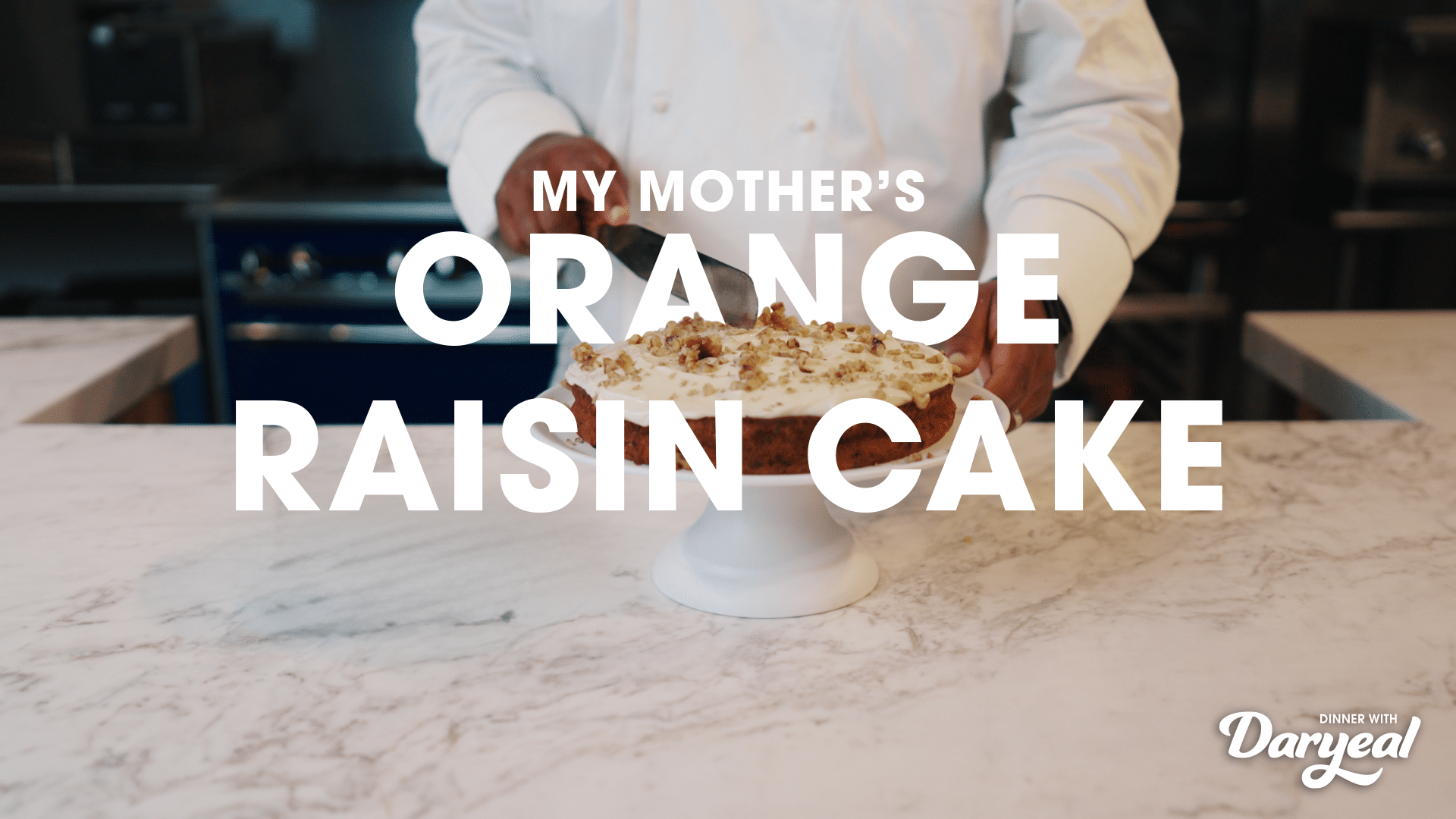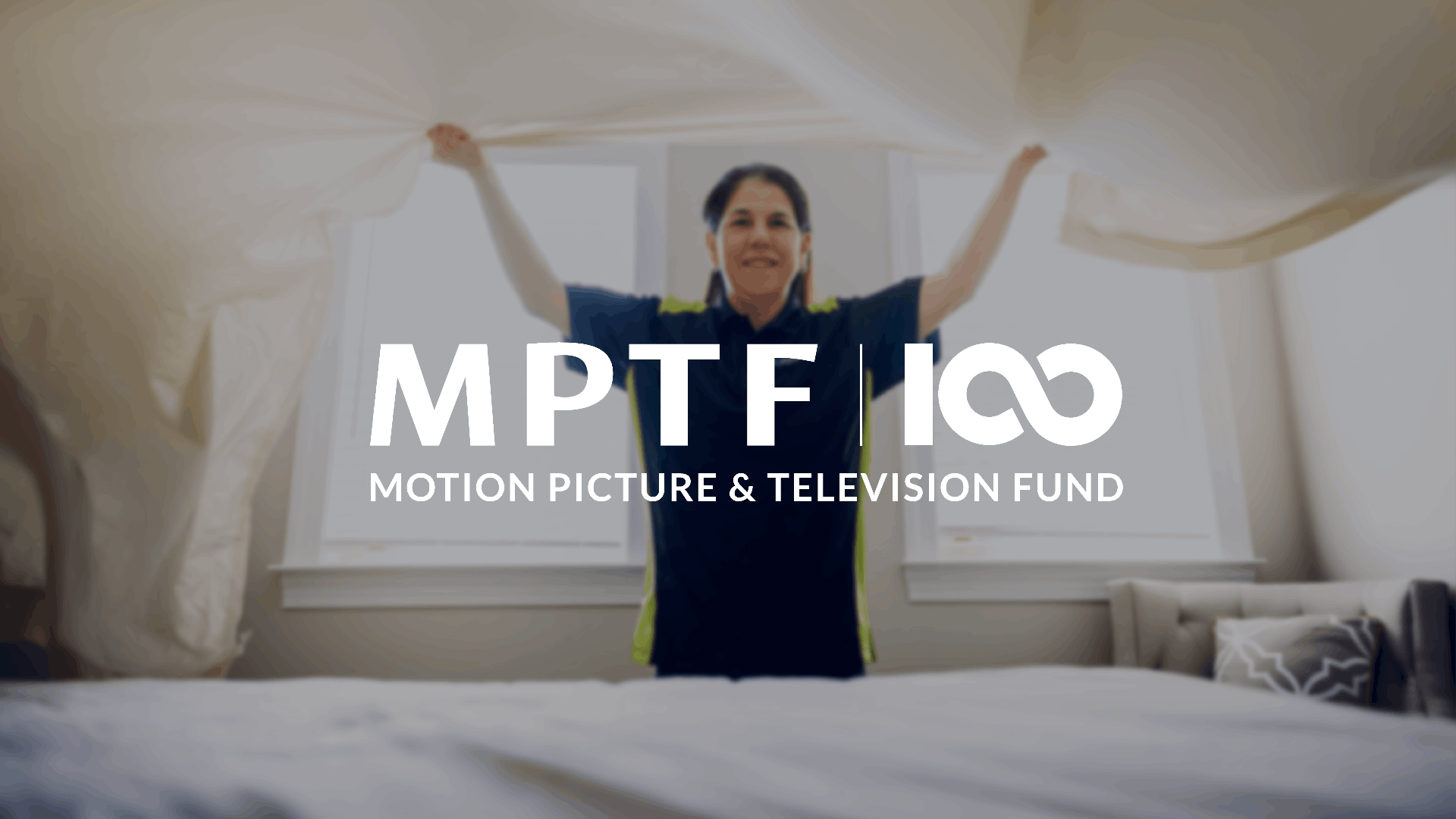Optimizing Client Outcomes With a Person-Centered Approach
For many, health and wellness are becoming a top priority as people seek greater quality of life. This means that the person-centered approach has become increasingly important.

For many, health and wellness are becoming a top priority as people seek greater quality of life. This means that the person-centered approach has become increasingly important, with experts in care shifting their focus towards the individual. This approach allows for customized recommendations based on a client’s unique needs and desires. This philosophy is particularly relevant for senior living communities and health centers, who are taking steps to improve the overall experience for their clientele by prioritizing individual care.
In a person-centered approach to health and wellness, experts in care are shifting their approach, making the individual the focus. Health and wellness specialists are looking at client history and limitations into their recommendations, outcomes are measured by the progress made by the individual, and goals are set (and re-set) based on that person’s wants and needs. As wellness is becoming more of a priority, senior living communities and health centers are taking action to improve the overall experience for their clientele, offering them care that is both accessible and prioritizes the individual.
The person-centered philosophy dates to the 1940s when a psychologist named Carl Rogers theorized that if a supportive environment is provided for a client, that client would be able to receive positive insights and take meaningful action (Kirschenbaum, 2021). By the 1960s, the concept of “patient-centered medicine” picked up speed, emphasizing that each person has a unique set of circumstances that impact their care and experience (Morgan & Yoder, 2011). Over time, the person-centered approach (as opposed to a more traditional disease-focused approach) has become a guiding principle for the delivery of quality senior care.
At its core, person-centered care allows health and wellness experts to customize recommendations for each individual. As part of a revision of the standards of practice, the Academy of Nutrition and Dietetics created a framework of considerations to take when setting health management goals for residents (Conway, Lemons, & Terrazas, 2020). On application, the framework can be used to shape the care of any individual, especially those whose health concerns impact their activities of daily living or mental functioning. Some of these considerations include:
A person who lives independently will need different types of support than one who lives in a group living environment (such as a skilled nursing or assisted living facility). Their home environment may or may not be in a convenient location to a medical center for follow-up appointments, a pharmacy to receive life-sustaining medications, or a grocery store to purchase nutritious food. They may be dealing with a recent change in their social support structure (for example, the loss of a significant other) that makes their home life more challenging than before. For those people, person-centered care adjustments like telemedicine appointments as well as programs like congregate meals, meal delivery, and community services can allow the person to maintain their health and independence for longer (Hou, 2020).
A person’s ability to communicate impacts their care in several meaningful ways. Primary language, education, and literacy levels can impact their understanding of medical diagnoses, medication regimens, and educational handouts. A person with a disability, dementia or medical condition may have difficulty or be unable to communicate with their care provider, introducing the need for assistive technology or alternative means of communication. Senior care providers benefit from the use of imagery, tech-forward devices and other assistive means to convey messages effectively to their clientele.
Understanding a person’s limitations is a crucial part of developing goals for effective care. Whether the barrier comes in the form of the person’s physical ability, lack of access or knowledge, dependency on others, concurrent health conditions (including allergies and intolerances), or financial factors, each person brings a unique set of challenges to the table. A person with reduced mobility may no longer be able to acquire or prepare food like they used to. A person newly diagnosed with a health condition may need to learn to read food labels for the first time. The person-centered approach allows the individual to navigate these complications while achieving their wellness goals.
A person’s knowledge, preferences, and habits around food correlate directly with their health. From cultural and religious preferences to compulsive and disordered eating behaviors, a person’s ability and willingness to follow a certain diet or eating pattern will affect the approach of the care provider. For example, a person with severe sensory issues or food intolerances may need to work closely with a dietitian to find a menu that meets their specific nutritional needs. Others might need coaching on how to manage choosing the right foods after a new health diagnosis. Food preferences and behaviors are as varied as people themselves. Person-centered providers and dietitians take into consideration these factors, including social environments, lifestyle preferences, and established care plans.
CCL Hospitality Group provides senior living communities and behavioral health centers the resources and expertise necessary to offer a coordinated continuum of care for current and incoming clientele – improving experiences, outcomes, and, in turn, marketability. With CCL, our guests benefit from the person-centered approach at every turn.
A person-centered approach is key to promoting long-term well-being for every individual. As a leader in wellness and hospitality, the approach is a cornerstone of CCL Hospitality Group’s commitment to meeting the needs of its clients and partner communities.


